4v291o
“There’s always a girl in the picture, haven’t you ever been to the movies?”
]]>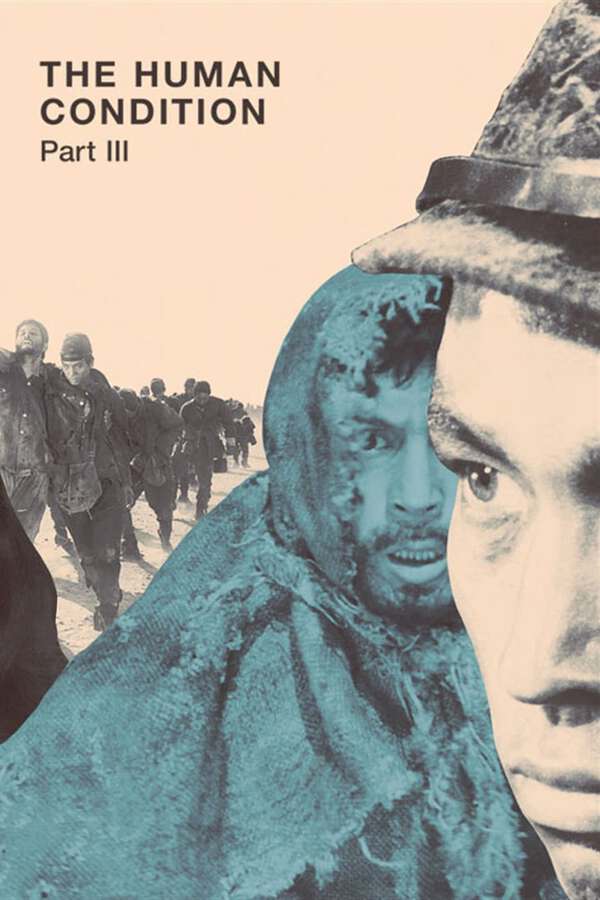
Easily the best of the three. The first two are good but this one is just on a whole new level. Aside from the story which is 100% the best written of the three, this one also introduces something that felt missing from the first two: CAMERA MOVEMENTS! The first two installments lack the grandiose that the third has and a lot of that comes from camera movements, large outdoor sets, and really creative lighting choices. Kaji is an expressed socialist with very liberal views on the treatment of POWs, who is also fighting for a fascist army which was allied with the Nazis. The films basically ask the question over and over again: how far must one be pushed until they’re willing to throw their entire moral framework out the window? It also repeatedly asks of Kaji what it means to be human. Where the first two films pose the question, the third really lays out a detailed answer.
]]>
Watched on Friday June 6, 2025.
]]>
Watched on Wednesday June 4, 2025.
]]>
About a year ago I realized that I was doing myself a great disservice by not actually giving third cinema a proper shot. Now, engaging with third cinema and all kinds of foreign films from all over the world and from all different walks of life seems just like a natural extension of my rapidly expanding and maturing political beliefs. It’s something I’ve started seeking out, not just to study the form but also to understand what a given time period in a given country was like via the auteurist snapshot I’m able to see of it.
Cuba is a country that has really captured my attention in my pursuit of a fuller view of world history because of the revisionist history and mistreatment they’ve been subjected to due to the policies of my own. This propaganda film got me thinking about something I often find myself struggling to put words to. If other countries with far less political influence than the US can make propaganda films, why don’t we? I can hear all of the people now coming out of the woodwork to tell me “Zack, we do!” and lecture me about the US’s affinity for war films after 9/11 or something of the sort but what I’m getting at is something different and even more obvious: while in communist Cuba, they got films like this made by the government, what we often get are corporate propaganda films; pro-American-corporatism films made by massive media conglomerates. It only makes sense, right? We have people in this country who are worth more than nation-states.
A film forces its audience into feeling a certain type of way. The influence of cinema is undying. People will try to kill it, but it perseveres. Soy Cuba has reminded me what cinema can be and just how powerful a tool it is. It doesn’t just relay some nationalist fever dream to its viewers, but more so a creative, compelling character study, flaws and all, of its titular character: Cuba.
]]>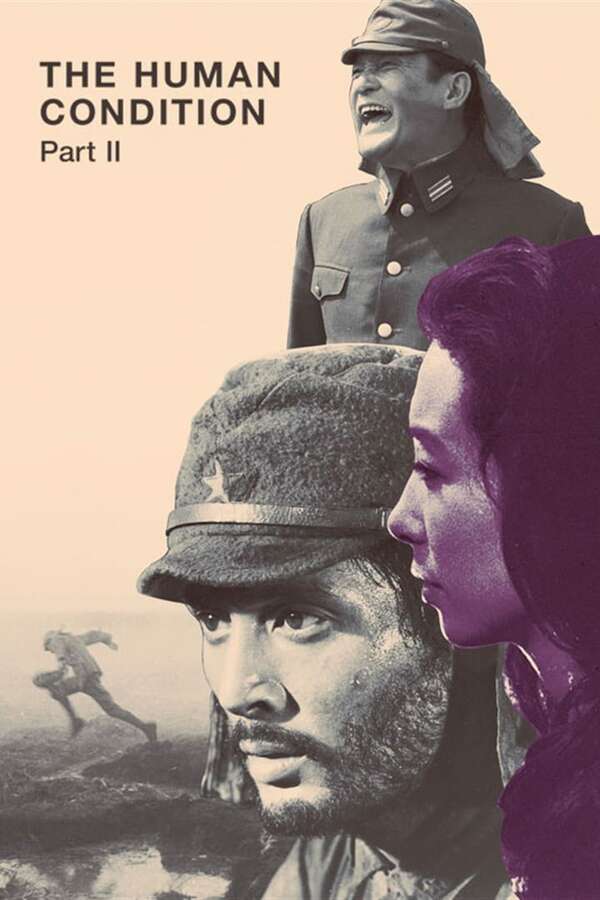
it’s a shame these weren’t shot in color
]]>
italian cinema might be the goat
]]>
this is why women don’t want to date republican men
]]>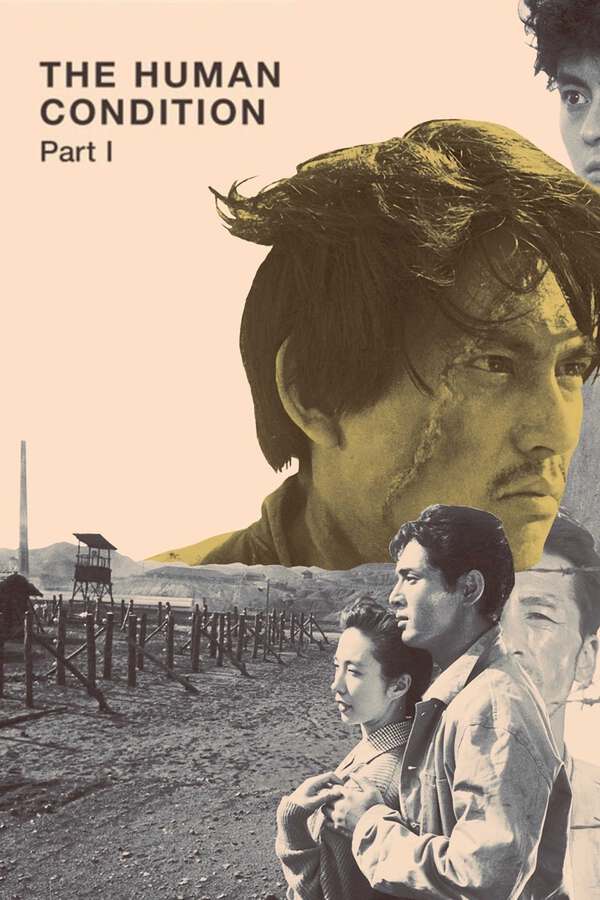
anamorphic lens never looked so bad 😭
]]>
Watched on Tuesday May 27, 2025.
]]>
Watched on Monday May 26, 2025.
]]>
i lobe yoy long tim
]]>
“Sometimes I just hate my work.”
In Early Spring, Ozu crafts an extremely compelling indictment of 1950s Japanese capitalism. News flash: it sucks. He doesn’t do so in a pandering, Mickey 17 (or even Severance for that matter) way, no. Instead he tells the story of a ionless marriage and the affair that tears it apart. But what does this have to do with capitalism? Everything. Ozu is so clear in his convictions yet so subtle in how he approaches anything remotely political. How can you be expected to keep a single relationship when everything in your life is so shitty? Sure, the expectation is that you do, but what happens if you take the same 8:28 train to your horrendous office job every day, and then come home to a life that you don’t want? It isn’t even about the affair, it’s about making life exciting again; anarchy, rebellion (in its weakest fashion), taking your life back even if it means destroying everything. It’s an affair but it means so much more. And this translates not only to the screenplay but also to the form which defies tradition in all the best ways, as Ozu does.
]]>
“The strength of the working class is its organization. Without the organization of the masses, the proletariat is nothing. An organized proletariat is everything.”
]]>
crazy that people were based before i was
]]>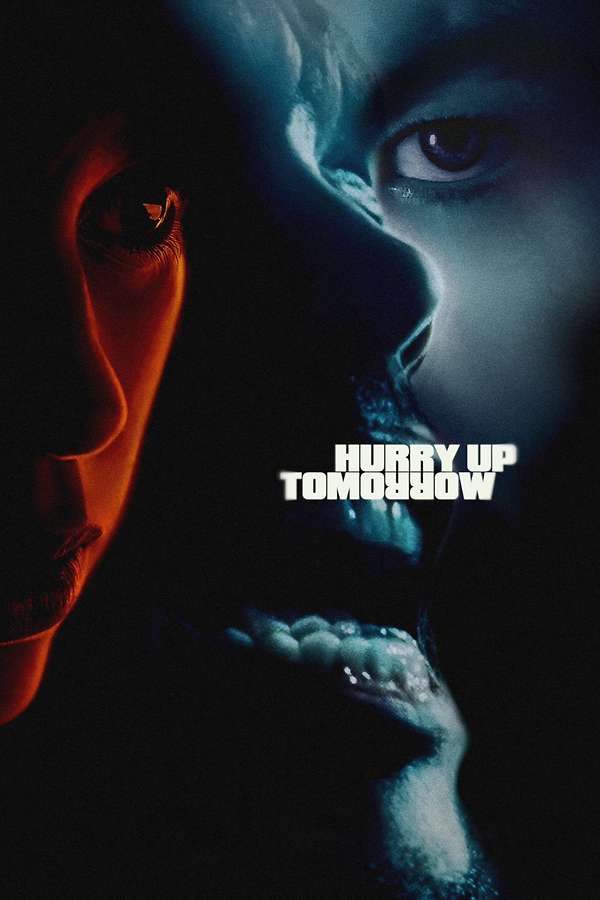
all i could think the entire time was what the fuck carti would think watching this 😭
]]>
this may very well be the best looking film ever made.
]]>
thanks for the criterion, zach.
]]>
Even after three years of film school, I don’t think I fully understood what it meant to direct until I started going through Ozu’s catalog. His fingerprints are on literally every single frame. That coupled with his knack for the subtly political which is injected into the blood of every one of his films; the things that make it not just a film, but an Ozu.
]]>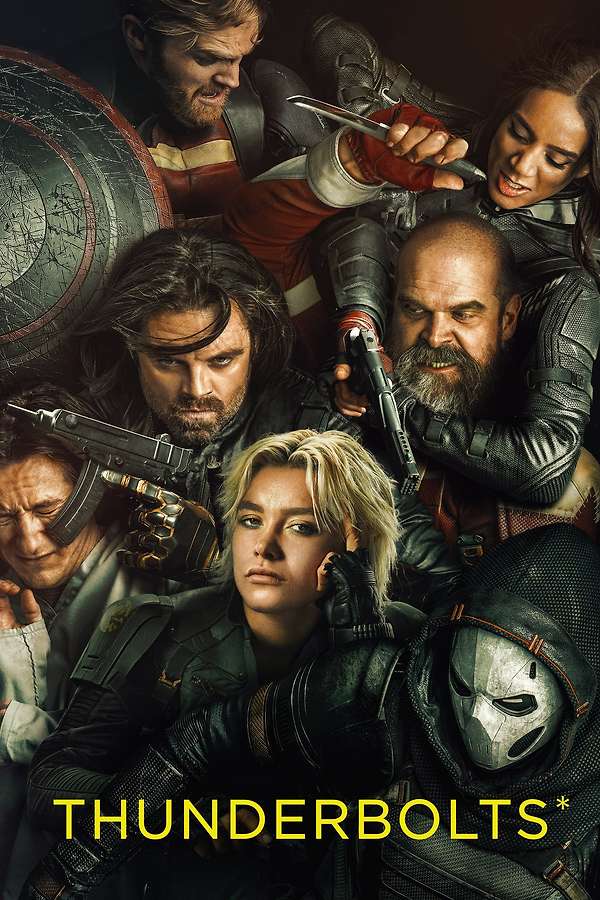
tulsi gabbard
]]>
Watched on Tuesday May 6, 2025.
]]>
too many neck beards
]]>
Ousmane Sembène, I was unfamiliar with your game.
]]>
as an autistic inbred cannibal, i honestly think they nailed it in of representation
]]>Watched on Tuesday April 29, 2025.
]]>
could benefit from a bologna restoration
]]>
sigma ozu hates capitalism
]]>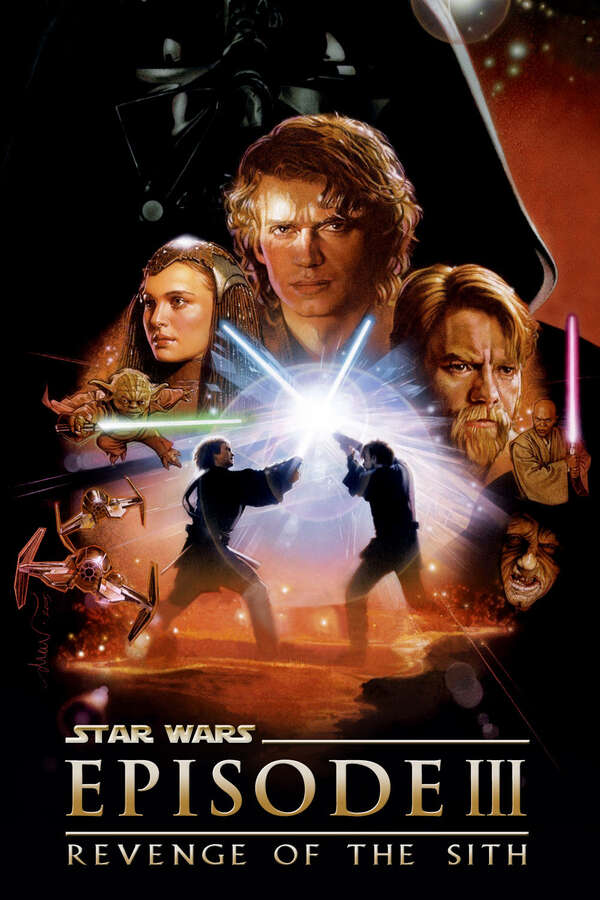
In his tale of the galactic fall to fascism, Lucas conveniently forgets to for right wing media capture. I don’t buy any of this shit unless Palpatine’s on X or maybe a podcast with whoever the Star Wars equivalent of Theo Von would be.
]]>
After having just finished the book, I figured it was time to revisit this film. I don’t believe that one can truly appreciate this film without experiencing Burroughs’ unique writing style. The stylization of the film that is credited to Guadagnino (correctly) should also be credited to Burroughs whose word choice is as queer as the story itself.
On my first watch I was so happy that someone told this story because the feelings Lee feels for Allerton are exactly the ones I feel in many ways when it comes to certain romantic partners. After finishing the book, all I felt was sad. Sad that Burroughs (as much of an asshole as he was) went his whole life feeling this way and sad that I often feel the same. Although Lee is a drunk expat, he speaks in such a scholarly, educated way. He sometimes speaks too much just to try to get Allerton to respond. All of the flashy, flexing of his intellectual muscles in hopes that he’ll say something Allerton can latch onto to make more conversation, to learn something about the ghostly mystery man, but in the end it’s always just for Allerton to say a couple of words and walk away.
There was a line in the book that really grabbed me and brought a tear to my eye when Allerton ignores Lee in the bar. Completely jarringly, we see into Allerton’s head for a moment and we get the line: “He did not himself understand why Lee annoyed him”. It was at this point that I had to set the book down because of the emotional toll it was taking on me. The work that Lee must do to try and convince Allerton that he is the one for him is insurmountable, yet he tries anyway. He knows it’s not going to work but he can’t help himself. The film does the same thing by making Allerton a walking phantom through its entirety. We don’t know much about him at all and neither does Lee. It’s unclear what motivates Allerton in either iteration of the story. He simply exists as Lee is driven mad.
Lee becomes so obsessed with him in such a short period of time that when Allerton stops hanging out with him cold, Lee panics and sobs in his apartment. In order to get him back, he entraps Allerton by bringing him to South America. Surely in a foreign land, Allerton will need “Papa” for survival. He can’t escape. He traps Allerton in a South American jungle in search of Yagé (ayahuasca—which Lee seems to believe will make for a good confessional/mind control drug) all for what? For love? Does he love him? Or does he just need someone? Is it that Lee fears loneliness more than anything because he can’t stand to be the receiver of his own thoughts? For all of his sexual fantasies and perverted thoughts, the one moment it truly seems that Lee is happy in the book is when he’s allowed by Allerton to rest his head in his lap when they’re in Ecuador and feel the outside air. Lee craves closeness, attention, togetherness, and most of all, control. Don’t we all?
The epilogue in the book features Lee exploring and visiting bars while also interspersed with dreams he has about Allerton. The end of the film does something similar where we see Lee curled up in bed in a dreamlike state as he moves through a slow, surrealist nightmare. Lee becomes haunted by the ghost of Allerton, the memory of what once was. Lee will live the rest of his life completely consumed by this ghost of a man who only loved him back when convenient. What a miserable existence. But isn’t that just what being queer is? It’s something beautiful, surreally strange, absolutely horrifying, an existence defined by, as Lee puts it, “grotesque misery and humiliation”; something disembodying and haunting. Burroughs understood that. With the door already open to our souls, and the inability to close it, “All you can do is look away. But why would you?”.
]]>
I’m reading William S. Burroughs’ Queer and this film is the one that Lee and Allerton go watch together in the third chapter. Unfortunately I did not watch this with a hot twink sitting next to me whose genitals I fantasized about grabbing. Probably would’ve rated it higher if I had. Or lower (would’ve been distracted).
]]>
one day he’ll tweet AI videos of gaza or something
]]>
Watched on Sunday April 20, 2025.
]]>
Watched on Sunday April 20, 2025.
]]>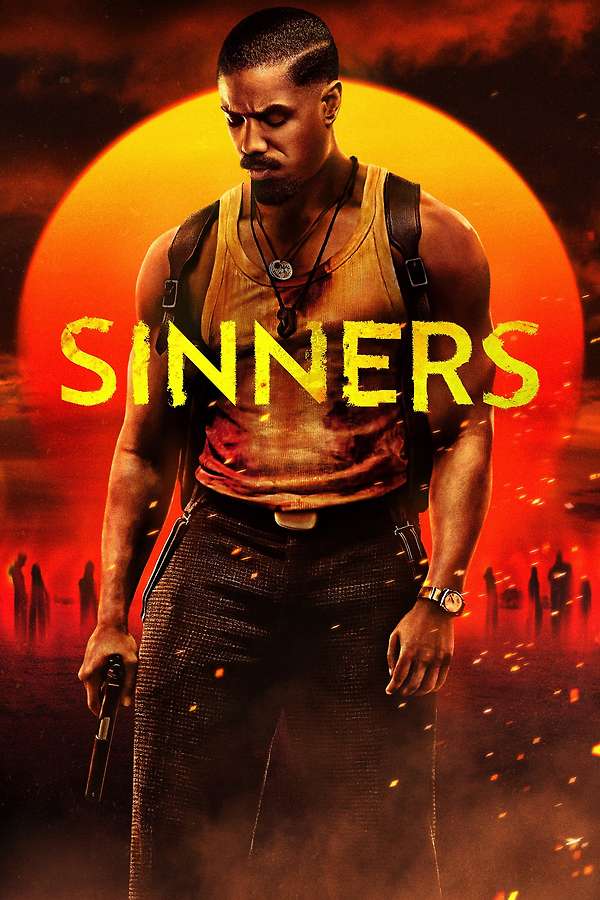
carti reference
]]>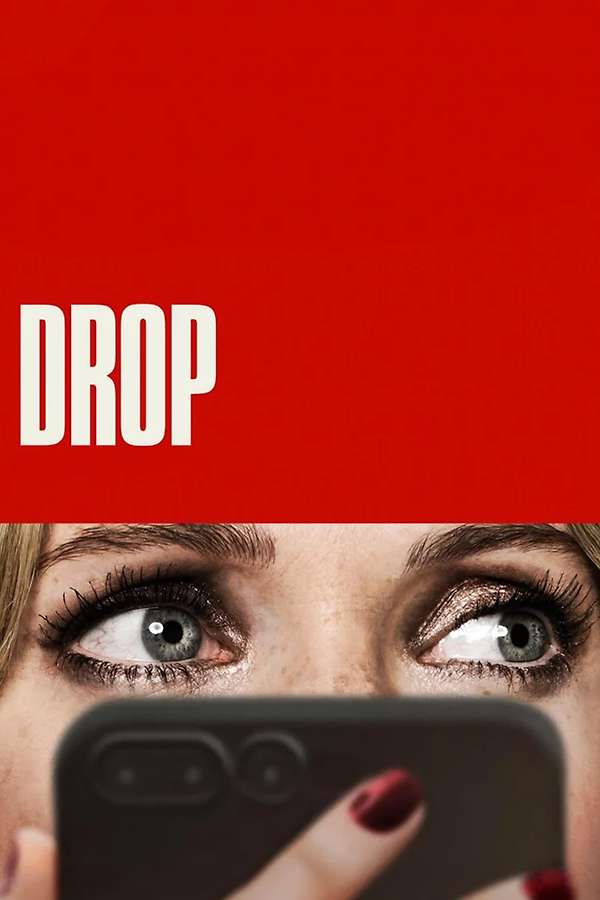
girl your fuckass son is not worth it lmao
]]>
who tf knew
]]>
Watched on Monday April 14, 2025.
]]>
I see the vision and I dig it. Perfect way to round out the trilogy. Official ranking goes (1) Koyaanisqatsi,
(2) Naqoyqatsi, (3) Powaqqatsi.

If Koyaanisqatsi is Das Kapital, this one is something akin to White Fragility. It’s not bad, it’s just Powaqqatsi.
]]>
what would godfrey reggio think of tralalero tralala?
]]>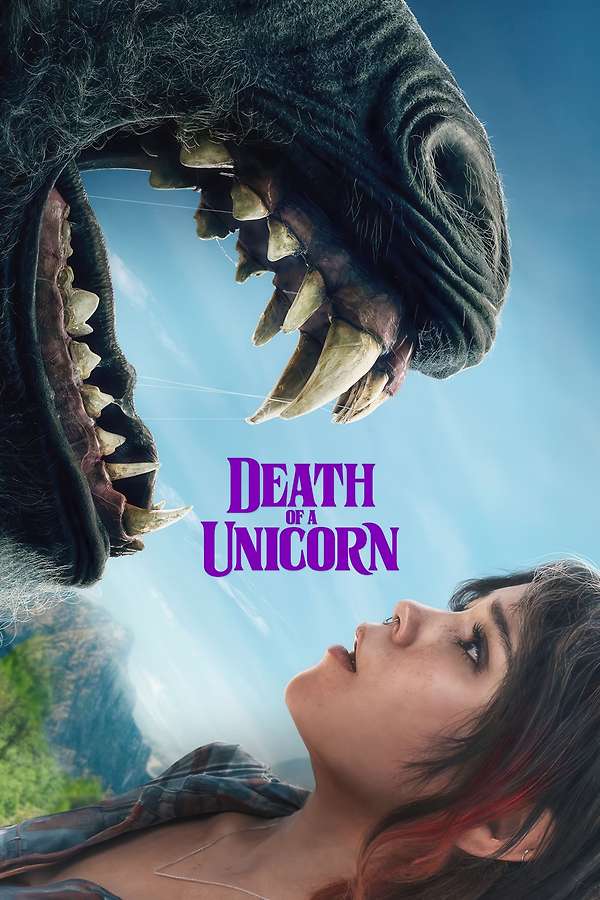
death of zack’s brain cells (will poulter innocent)
]]>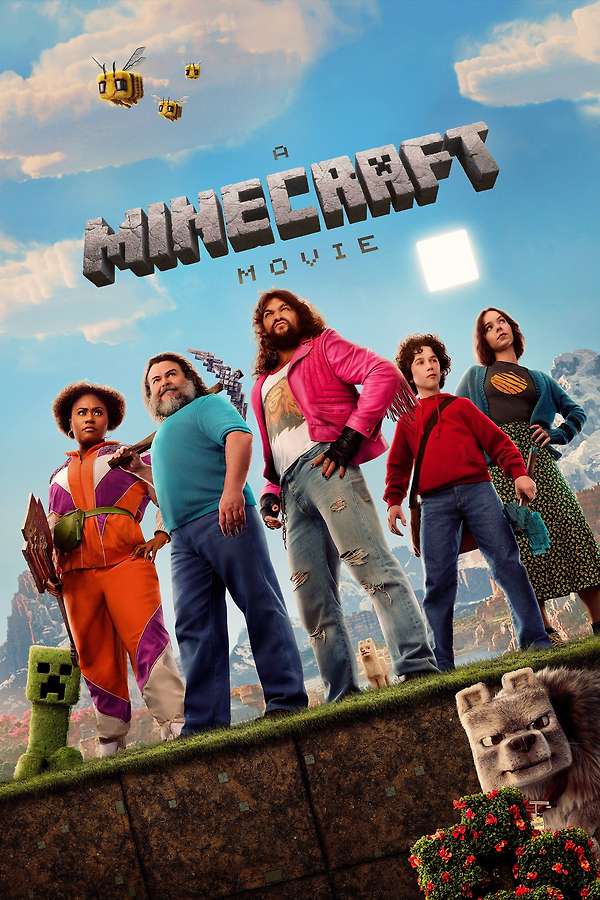
Defies stars. Meme culture aside, how could I even attempt to rate a film that features a character named Chungus who says the word “unalive”? How could I rate a film that had Jason Momoa and Jack Black
69-ing mid-air? And how could I rate a film with a fucking chicken jockey? Unreal experience.

goes hard if you love baseball and depression
]]>
Watched on Saturday March 29, 2025.
]]>
Watched on Saturday March 29, 2025.
]]>
Watched on Thursday March 27, 2025.
]]>
who needs final draft when you have a box of crayons and a coloring book?
]]>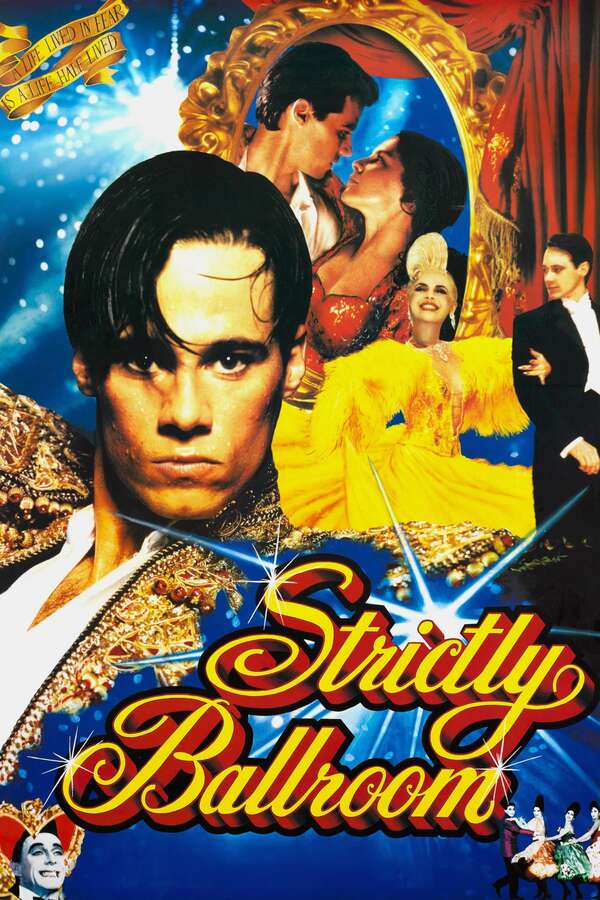
happy birthday collin 🧁
]]>
It’s so paradoxical in a way that a love as politically left as the intense love of film and art, can produce such right wing, reactionary emotions. Allow me to explain: when I first visited San Francisco in 2023, I was excited to discover the city that I knew from Hitchcock’s Vertigo but like Wenders does in this film, I found a much different city than the one I had romanticized. It’s not as if I was angry or even fully disappointed in what I found in SF, not at all. I actually dream of one day living there. When I went there I was just confused. It felt familiar but so different than the city I had constructed in my mind. Over the course of my trip I saying that I wished it still looked the way it did in the film. I distinctly having the argument with myself in my head about how bad it was to wish the city would regress back to the way it was in 1958 but it had this charm and style that has seemingly been lost even with the amazing progress and innovation that has made the city more efficient and equitable. The right wing argument had all but won in my head. I did wish for the city to look the same. I had the same feeling when I went to Tokyo this month. I’ve gotten very into the films of Yasujiro Ozu this year and began almost subconsciously constructing an idea of what Tokyo was in my head based on his films and upon going, found that so much of the Tokyo I thought I knew was movie magic. Connecting to a city prior to visiting it via films is all I’ve ever known as someone from the midwest. I didn’t grow up with films about my hometown so when I moved to LA, it felt crazy and surreal to be in a place that looked so vaguely familiar but also so different from the LA in the movies. I’m realizing that so much of cinephilia is just obnoxious romanticizing. This film, Tokyo-Ga, is about just that; that weird, familiar feeling that you get from physically being in a place that you only know through a screen. The thing that Wenders seems to continually take issue with in his discovery of the real Tokyo, and the same thing that I took issue with on my trips to all of these cities I’ve mentioned, all boils down to the sort of hyper-capitalism that really captured the world in the 80s and has just gotten worse and worse ever since. That and subsequent industrial hell that all modern cities have become that simultaneously attract and repel their citizens. City streets in movies usually don’t have ads riddling the skyline, large commercials playing on outdoor screens, and the highly consumer based culture. The bad things are often the things left out. What I was searching for in SF, in Tokyo, in LA, and everywhere else, was something absent of all of that; something unreal and utopian. All of these feelings about the lies and falsehoods that manifest themselves as films, go hand in hand with the other major piece of this film which is about the death of culture and the death of cinema in the wake of neoliberal capitalism. Wenders interviews Chichū Ryū who starred in a number of the Ozu films and a group of women stop him on the street to take a photo with him. The reason they took the photo though is because he was recently in a television series. Ryū then goes on to say that almost no one re him from Ozu’s films anymore (he says this apologetically, Wim adds). How grim. I could actually probably write ten novels about the feelings I am experiencing just immediately after watching this but I’ll just leave it at this for now: I’m going to be thinking about this film for a long time.
]]>
ozu had to have been bipolar cuz how tf you make this AND tokyo twilight?
]]>- Metropolis
- Napoleon
- It's a Wonderful Life
- Singin' in the Rain
- Vertigo
- Floating Weeds
- Hiroshima Mon Amour
- The Apartment
- The Human Condition III: A Soldier's Prayer
- Lawrence of Arabia
...plus 23 more. View the full list on Letterboxd.
]]>- The Last Laugh
- Napoleon
- Wings
- The Wind
- M
- I Was Born, But...
- Late Spring
- Singin' in the Rain
- Rear Window
- Vertigo
...plus 375 more. View the full list on Letterboxd.
]]>- Floating Weeds
- Late Spring
- An Autumn Afternoon
- Tokyo Story
- The Only Son
- An Inn in Tokyo
- I Was Born, But...
- Tokyo Twilight
- Early Spring
- Good Morning
...plus 2 more. View the full list on Letterboxd.
]]>- Mickey 17
- Twinless
- OBEX
- Sinners
- Hurry Up Tomorrow
- Drop
- Atropia
- The Monkey
- Plainclothes
- Death of a Unicorn
...plus 2 more. View the full list on Letterboxd.
]]>Places I have been in the movies!
The Quiet Man - Quiet Man Bridge (Oughterard, Galway)
Vertigo - Fort Point, Legion of Honor (San Francisco, California)
The Banshees of Inisherin - Set Built for Production (Galway, Ireland)
La La Land - Griffith Observatory, 105 & 110 Freeways (Los Angeles, California)
Blade Runner - Bradbury Building (Los Angeles, California)
What’s Up, Doc? - Saints Peter and Paul Catholic Church (San Francisco, California)
Star Wars: The Last Jedi - Set Built for Production (Dingle Peninsula, Ireland)
Don’t Worry Darling - Kaufmann House (Palm Springs, California)
Ghostbusters - Firehouse Hook & Ladder 8 (Manhattan, New York City)
The Truman Show - Seaside (Destin, Florida)
Roman Holiday - Trevi Fountain, Spanish Steps, Colosseum (Rome, Italy)
Indiana Jones and the Last Crusade - Church of San Barnaba (Venice, Italy)
Some Like it Hot - Hotel del Coronado (San Diego, California)
Interstellar - The Westin Bonaventure Hotel (Los Angeles, California)
Late Spring - Yasaka Pagoda, Ryōan-ji (Kyoto, Japan)
The End of Summer - Osaka Castle (Osaka, Japan)
- The Quiet Man
- Vertigo
- The Banshees of Inisherin
- La La Land
- Blade Runner
- What's Up, Doc?
- Star Wars: The Last Jedi
- Don't Worry Darling
- Ghostbusters
- The Truman Show
...plus 6 more. View the full list on Letterboxd.
]]>- Vertigo
- North by Northwest
- Rear Window
- The Man Who Knew Too Much
- Psycho
- Rope
- Dial M for Murder
- Strangers on a Train
- Suspicion
- The Wrong Man
...plus 5 more. View the full list on Letterboxd.
]]>Every Criterion I own.
The Qatsi Trilogy, Spine #639 (Koyaanisqatsi, Powaqqatsi, Naqoyqatsi)
F for Fake, Spine #288
Hiroshima Mon Amor, Spine #196
The Human Condition, Spine #480 (The Human Condition I: No Greater Love, The Human Condition II: The Road to Eternity, The Human Condition III: A Soldier’s Prayer)
8½, Spine #140
A Story of Floating Weeds / Floating Weeds: Two Films by Yasujiro Ozu, Spine #232 (A Story of Floating Weeds, Floating Weeds)
Wild Strawberries, Spine #139
The Seventh Seal, Spine #11
Fanny and Alexander, Spine #261
Eclipse Series 3: Late Ozu (Early Spring, Tokyo Twilight, Equinox Flower, Late Autumn, The End of Summer)
- Koyaanisqatsi
- Powaqqatsi
- Naqoyqatsi
- F for Fake
- Hiroshima Mon Amour
- The Human Condition I: No Greater Love
- The Human Condition II: Road to Eternity
- The Human Condition III: A Soldier's Prayer
- 8½
- A Story of Floating Weeds
...plus 9 more. View the full list on Letterboxd.
]]>Everything after 10th place doesn’t matter.
- The Seed of the Sacred Fig
- Queer
- A Different Man
- Conclave
- Memoir of a Snail
- The Substance
- I Saw the TV Glow
- Nosferatu
- Anora
- The Brutalist
...plus 56 more. View the full list on Letterboxd.
]]>Everything after 10th place doesn’t matter.
- The Banshees of Inisherin
- Aftersun
- Triangle of Sadness
- Nope
- Marcel the Shell with Shoes On
- The Batman
- Guillermo del Toro's Pinocchio
- Close
- Everything Everywhere All at Once
- Turning Red
...plus 47 more. View the full list on Letterboxd.
]]>finally finished the rewatch!!
...plus 17 more. View the full list on Letterboxd.
]]>Everything I watched with online screeners. Did not attend in person.
]]>Everything after 10th place doesn’t matter.
- Oppenheimer
- Beau Is Afraid
- All of Us Strangers
- The Zone of Interest
- Past Lives
- Asteroid City
- Anatomy of a Fall
- Robot Dreams
- Dream Scenario
- Perfect Days
...plus 49 more. View the full list on Letterboxd.
]]>everything i watched (in order)
- Sujo
- Bug Diner
- Drago
- Matta and Matto
- Martyr's Guidebook
- Dona Beatriz Ñsîmba Vita
- Lake Baikal
- Larry
- 27
- It's What's Inside
...plus 24 more. View the full list on Letterboxd.
]]>- It's a Wonderful Life
- Miracle on 34th Street
- 12 Angry Men
- Vertigo
- Hiroshima Mon Amour
- Peeping Tom
- Cléo from 5 to 7
- Dr. Strangelove or: How I Learned to Stop Worrying and Love the Bomb
- Seconds
- Johnny Got His Gun
...plus 23 more. View the full list on Letterboxd.
]]>these are films i think would go together well as double features. some are obvious and some less so. the way this will work in the format of a letterboxd list is they will be in groups of two (the first two on the list are paired, the second two paired, and so on). they're also in the order that you would watch them. i'm hoping it'll be easy enough to read. one day when I open my theater ill have to do some of these. gimme ideas for more?
- It's a Wonderful Life
- Mary Poppins
- Lost in Translation
- Her
- Aftersun
- All of Us Strangers
- Alien
- Nope
- Dune
- Dune
...plus 84 more. View the full list on Letterboxd.
]]>- Nights of Cabiria
- Breathless
- Hiroshima Mon Amour
- Le Bonheur
- Daisies
- Branded to Kill
- The Battle of Algiers
- Memories of Underdevelopment
- The Battle of Chile: Part I
- Sambizanga
...plus 6 more. View the full list on Letterboxd.
]]>- Rear Window
- Stories We Tell
- Y Tu Mamá También
- Amélie
- Z
- Mad Max: Fury Road
- Magic Mike XXL
- Do the Right Thing
- Frankenstein
- The Stepford Wives
...plus 10 more. View the full list on Letterboxd.
]]>everything i saw.
- North by Northwest
- Morocco
- My Cousin
- The Adventurer
- Amadeus
- First Night Out
- Police Dogs
- I'll Dance the Cakewalk
- The Grand Duke's Tour
- Jobard Is Asked to Marry
...plus 49 more. View the full list on Letterboxd.
]]>- The Empire Strikes Back
- Star Wars: The Last Jedi
- Rogue One: A Star Wars Story
- Return of the Jedi
- Star Wars: The Force Awakens
- Star Wars
- Solo: A Star Wars Story
- Star Wars: Episode III – Revenge of the Sith
- Star Wars: Episode II – Attack of the Clones
- Star Wars: Episode I – The Phantom Menace
...plus 1 more. View the full list on Letterboxd.
]]>each cunningham put 5 movies into the bowl and they were pulled at random (and watched) in this order
(june 2023 - )
- Clue
- October Sky
- Beauty and the Beast
- Good Will Hunting
- Parasite
- The Notebook
- Aftersun
- Vertigo
- Rear Window
- The Karate Kid
...plus 15 more. View the full list on Letterboxd.
]]>a collection of disney short films i used to watch with my sisters at my grandmas house when we were kids.
- Mickey and the Seal
- Mr. Mouse Takes a Trip
- Moose Hunters
- Mickey's Parrot
- The Pointer
- Magician Mickey
- Tugboat Mickey
- R'Coon Dawg
- Mickey's Rival
- Pluto's Surprise Package
...plus 13 more. View the full list on Letterboxd.
]]>